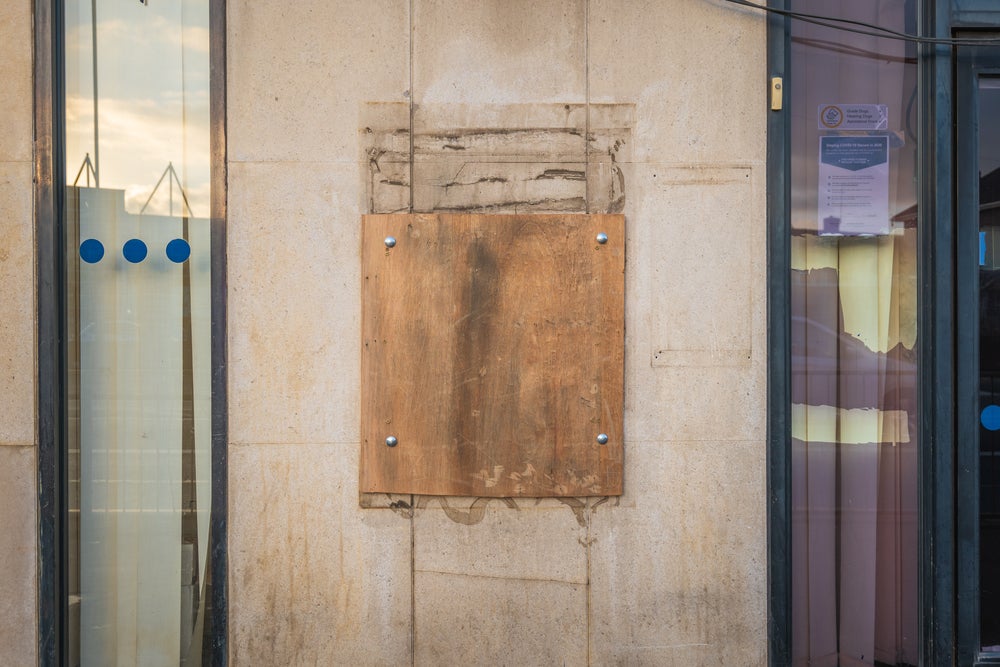Improving infrastructure, potential global expansion and a fast-growing e-commerce market are making Malaysia an increasingly attractive market in the region. Despite the growth and increasing potential, however, Malaysia is still dominated by cash with cards only slowly garnering some market share
As the government and banks began to provide basic financial and banking services to the unbanked population, by expanding banking infrastructure, launching new branches, promoting agent banking network and making efforts to change consumer payment habits, payment cards gradually became more accepted, with their use consequently growing from 2010 to 2014.
Concentrated efforts by the government and emerging investments in e-payment infrastructure led to a steady increase in the banked population. According to the 2014 World Bank Global Findex survey, the percentage of the Malaysian population aged 15 or above with an account at a financial institution increased from 66.2% in 2011 to 80.7% in 2014.
Looking towards the electronic payments market
BNM is taking initiatives to encourage cashless and electronic payments, and has been striving to reduce the use of checks, expand merchant acceptance of electronic payments, and increase the adoption of cashless payments by the government, consumers and businesses. Consequently, in April 2014, it announced a reduction in fees for IBG transactions and increased check-processing fees.
Other initiatives include the launch of the JomPAY service and the ePIF fund in 2015.
With initiatives such as these, and a shift towards electronic payments by banks and participating merchants, card-based payments grew both in value and volume terms.
Debit cards continue to dominate the payment cards market
In terms of transaction value, debit cards remained the largest with 74.2% of the payment cards market in 2014, and are anticipated to dominate over the next five years. The rising awareness of the benefits of debit cards, the adoption of security measures by card issuers and sustained government efforts to encourage debt-free payments promoted the use of debit cards.
How well do you really know your competitors?
Access the most comprehensive Company Profiles on the market, powered by GlobalData. Save hours of research. Gain competitive edge.

Thank you!
Your download email will arrive shortly
Not ready to buy yet? Download a free sample
We are confident about the unique quality of our Company Profiles. However, we want you to make the most beneficial decision for your business, so we offer a free sample that you can download by submitting the below form
By GlobalDataGrowths in debit card transaction value and volumes were also supported by advances such as contactless technology. In 2014, the Malaysian Chip Card Specification initiative was launched to migrate to EMV standards.
As a result, from 2015 onwards, banks started to gradually replace domestic debit cards with EMV-compliant cards with contactless functionality. According to BNM, complete migration to EMV standards is expected to complete by January 1, 2018.
Rising low-cost POS terminal installations to increase scope for card payments
Several initiatives are being taken by banks and telecom companies to increase POS terminal penetration. In January 2015, Maybank and Maxis Bhd launched the Maybank mPOS service for SMEs.
In December 2014, Telekom Malaysia Bhd announced a cash rebate incentive of $229.20 (MYR750) for SMEs which install SurePay POS terminals. By the end of 2020, the company plans to target at least 100,000 SMEs. In October 2013, CIMB introduced an EMV-compliant mPOS, Plug n Pay, for a one-time fee $76.40. These initiatives are anticipated to drive card-based payments.
E-commerce to provide scope for card payments
The value of e-commerce in Malaysia grew significantly from $519.9m in 2010 to $1.5bn in 2014, at a CAGR of 30.78%; it is expected to grow further to reach $3.9bn in 2019. The level of growth was driven by a number of factors, such as rising mobile and internet penetration.
The increasing young and urban populations have a strong inclination for mobile phones and media use, giving a platform for e-commerce companies to reach more potential customers. Growth in online shopping is expected to create opportunities for growth in the cards and payments industry over the next five years.
The emergence of payment gateways also supported the growth of e-commerce in Malaysia.
Key online payment gateways in Malaysia include iPay88, MOLPay, MasterCard Internet Gateway Service (MiGS), Payment Express and WorldPay. The growing market for online trade and e-commerce in Malaysia is a primary factor responsible for the expansion of the country’s cards and payments industry.
Payment cards remained the preferred mode of payments for e-commerce transactions among consumers. Issuers offer promotions such as discounts, cashback offers, instalment facilities and reward points to attract consumers.
The growing prepaid card market
Malaysia has a high volume of unbanked citizens, and prepaid platforms have provided a growth opportunity for the industry. According to World Bank estimates, 19.3% of Malaysians aged 15 years and above did not have accounts at formal financial institutions in 2014.
Touch ‘n Go is a popular prepaid card. Touch ‘n Go Sdn Bhd was established in October 1996 and introduced its services in 1997. It was one of the first companies to offer contactless card transactions in the country. The first Touch ‘n Go card, introduced in 1997, was designed to pay toll charges.
However, it has been expanded to public transport, parking, theme parks and retail. The card can be reloaded at locations such as customer service centres on highways, petrol stations, TNG outlets and ATMs.
To increase the transaction value of prepaid cards, banks offer facilities to earn reward or bonus points based on the spending amount. Maybank Man of Steel Prepaid cardholders can earn one Treatpoint for every $0.90 spent.
A common strategy adopted by banks to market prepaid cards is to offer complimentary insurance to card holders.
A range of free insurance schemes are a part of this strategy, and include protection against fraudulent use of lost cards to the protection of goods purchased.
For example, the prepaid card range offered by AmBank (Malaysia) Bhd (AmBank NexG PrePaid MasterCard, AmBank NexG-Cathay Cineplexes PrePaid MasterCard, Cosway PrePaid MasterCard and Tropicana PrePaid MasterCard) provides free personal accident insurance to the value of $3,237.50.
In July 2012, Maybank, in partnership with Manchester United, launched its first prepaid cashcard aimed at young individuals who do not qualify for credit cards. The card does not require any bank account, and is accepted worldwide on Visa terminals.
Its reload value ranges from $3.20 to $3,237.50 and is available for customers aged above 18 years. The bank has launched it in three limited-edition designs, with the images and signatures of Manchester United players Wayne Rooney, Javier Hernandez and Chris Smalling.
Banks in Malaysia offer co-branded cards to allow customers to make optimum use of the currency loaded onto their prepaid cards.
In 2010, PayPal and MOL AccessPortal Bhd announced a collaboration to provide Malaysian consumers with a new prepaid card, the MOL PayPal, a digital card for online shopping and gaming.
This card is issued by EON Bank and enables cardholders to fund a PayPal account that can be used for online shopping.
Another example of a co-branded prepaid card in Malaysia is the Tropicana Card offered by AMBank.
The prepaid card serves as a membership and loyalty card for patrons of the Tropicana City Mall and allows the cardholder to earn reward points.








